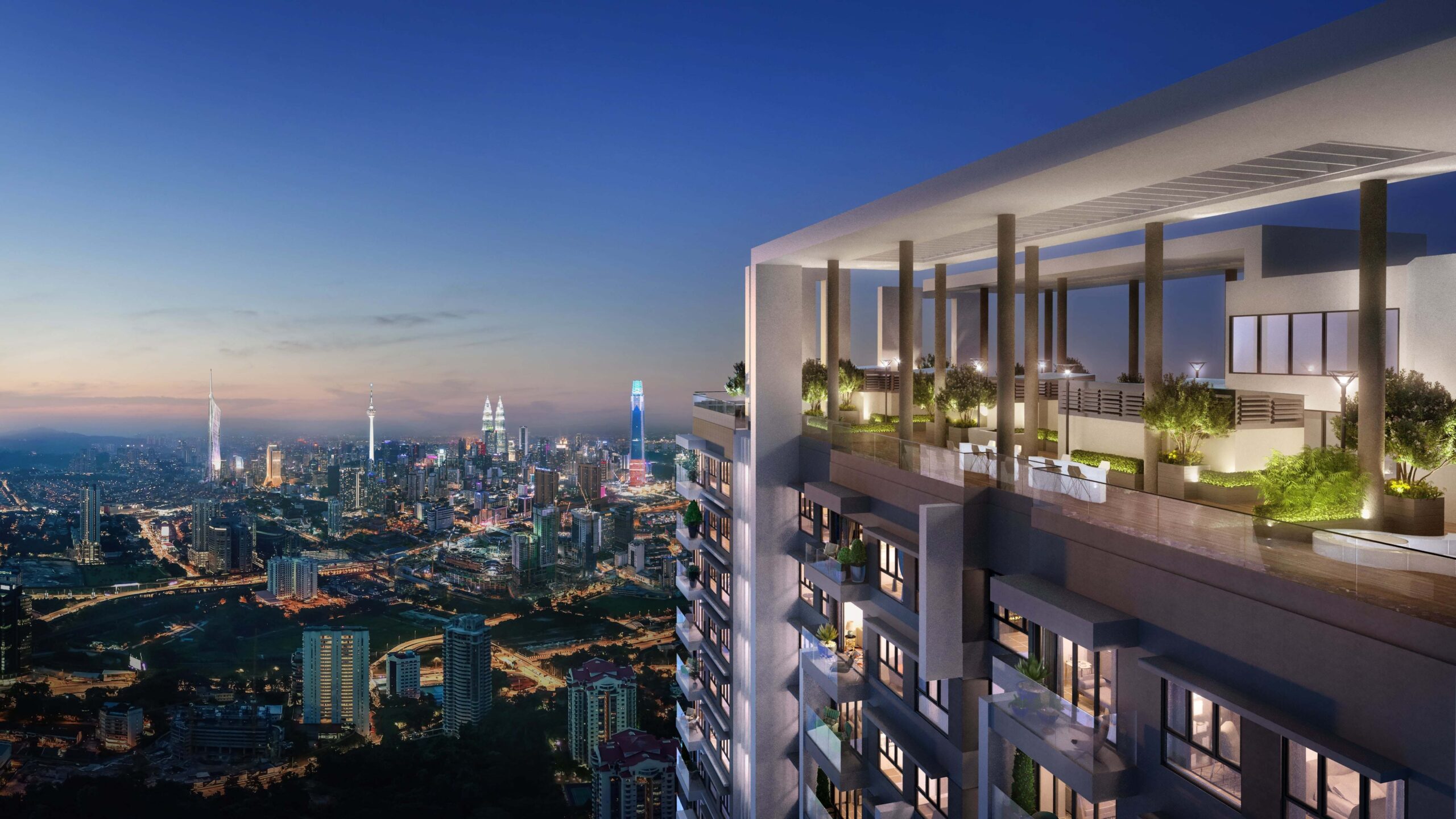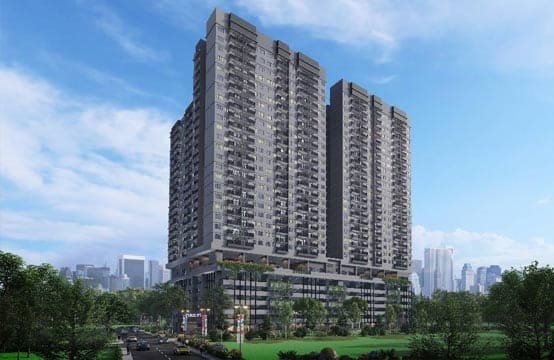Explore Malaysia’s vibrant property market with our guide to the top 3 investment strategies. We delve into the merits of short-term rentals, long-term leases, and house flipping, providing expert insights to help you make informed decisions. Whether you’re a seasoned investor or new to the scene, our comprehensive analysis, based on market expertise and authoritative research, offers a valuable roadmap for your property investment journey in Malaysia

In recent years, Malaysia has emerged as a robust market for property investment, attracting both local and international investors. Despite global economic uncertainties, the Malaysian real estate sector has shown impressive resilience, buoyed by various factors that make it an attractive investment destination.
One key aspect underpinning this resilience is Malaysia’s stable political climate and progressive economic policies, which have fostered a conducive environment for real estate growth. The government’s efforts in urban development and infrastructure improvement, particularly in major cities like Kuala Lumpur, Penang, and Johor Bahru, have enhanced their global appeal.
Furthermore, Malaysia’s relatively affordable property prices in comparison to other Southeast Asian countries, along with the availability of high-quality properties, make it an appealing market for investors seeking value for money. The Malaysian government’s initiatives, such as the Malaysia My Second Home (MM2H) program, have also made it easier for foreigners to purchase property, increasing the demand in the housing market.
Another factor contributing to the appeal of property investment in Malaysia is the country’s steady population growth and urbanization. This demographic shift has led to a consistent demand for housing, especially in urban and suburban areas. In addition to residential properties, the commercial real estate sector in Malaysia also shows promise, with increasing demand for retail and office spaces driven by the growing economy and business opportunities.
However, like any investment, buying property in Malaysia comes with its risks. The market can be affected by global economic trends, changes in government policies, and fluctuations in currency value. Therefore, it’s crucial for investors to conduct thorough research, consider the location and type of property carefully, and possibly consult with real estate experts to navigate the market effectively.
While there are factors to be wary of, the overall trend and indicators suggest that buying property in Malaysia continues to be a good investment, offering opportunities for both capital appreciation and rental income. With its growing economy, strategic location in Southeast Asia, and government initiatives encouraging investment, Malaysia’s real estate market is positioned for sustained growth and profitability.
When exploring property investment options in Malaysia, understanding the types of properties that align with your investment goals is crucial. The Malaysian property market offers a diverse range of investment opportunities, each catering to different investor profiles and objectives.

Residential Properties: These are often the most sought-after investment options. Within this category, there is a variety of choices, from high-rise condominiums and serviced apartments to terraced houses and bungalows. Condominiums, particularly in city centers or near transit hubs, are popular among young professionals and expatriates, offering amenities like security, pools, and gyms. Landed properties, like terraced houses or bungalows, attract families seeking more space and privacy. These properties typically appreciate over time, making them a sound investment for capital gain.

Commercial Real Estate: This category includes retail outlets, office spaces, and industrial properties. Investing in commercial real estate can offer higher rental yields compared to residential properties. Retail spaces in high foot-traffic areas or office spaces in business districts are particularly lucrative. However, these investments often require a higher initial capital and come with different management challenges, such as longer vacancy periods and more complex lease agreements.

Leisure Properties: Properties in tourist hotspots, like Penang or Langkawi, can be excellent investments. Hotels, resorts, or holiday rental homes in these areas can generate significant rental income, especially during peak tourist seasons. However, investors should be mindful of the seasonality of the tourism industry.
New Developments and Off-Plan Properties: Investing in off-plan properties or new developments can be rewarding. Purchasers often benefit from lower initial prices and the potential for significant property value appreciation upon completion. However, this comes with risks, such as delays in construction or changes in market conditions.

Affordable Housing: The Malaysian government has been actively promoting affordable housing schemes, which aim to provide reasonably priced homes. Investing in these properties can be a way to enter the real estate market at a lower price point, and also contributes to fulfilling the housing needs of the community.
When selecting the type of property to invest in, it’s important to consider factors such as location, market trends, rental yields, and capital appreciation potential. Each type of property investment comes with its unique set of risks and rewards, and aligning them with your financial goals, risk appetite, and investment horizon is key to making a wise investment decision in the Malaysian property market.
Investing in properties for short-term rentals, such as those listed on platforms like Airbnb or Booking.com, has become increasingly popular in Malaysia. This investment strategy can be particularly profitable in tourist-heavy areas or major cities, where there is a constant flow of travelers seeking temporary accommodations. Short-term rentals offer the flexibility to adjust rental rates in response to market demand, seasonal trends, and special events, potentially maximizing revenue.
However, this strategy requires active involvement in managing the property, which includes ensuring the property is well-maintained, managing bookings, and providing excellent customer service to guests. The income can also be more variable compared to long-term rentals, influenced by factors like seasonality and competition in the market.
Long-term rentals involve leasing properties for periods typically ranging from six months to several years. This investment approach is often favored for its ability to provide a steady stream of passive income. The stability of having a fixed rental income each month allows for easier financial planning and management.
Moreover, the management responsibilities are significantly lower once a reliable tenant is in place. However, the monthly rental income is generally fixed and may not match the potentially higher returns of a well-managed short-term rental. Additionally, long-term rentals might involve periods of vacancy when searching for new tenants, and there could be a risk of wear and tear over time.

House flipping is an active investment strategy that involves purchasing properties, renovating or refurbishing them, and then selling them for a profit. In Malaysia, this can be a lucrative venture, particularly in areas where the real estate market is on the rise, and there is demand for upgraded properties.
Success in house flipping requires a good understanding of the real estate market, renovation costs, and the ability to complete renovations efficiently and cost-effectively. While it can offer high returns, it also comes with higher risks, including unexpected renovation costs, market fluctuations, and the potential challenge of selling the property at the desired price.
Each of these investment strategies has its own set of advantages and challenges. An investor’s choice among these options should align with their financial goals, time commitment, risk tolerance, and expertise in the real estate market.
As we conclude our exploration of property investment strategies in Malaysia, it’s evident that each option – short-term rental, long-term rental, and house flipping – offers unique opportunities and challenges. The key to success in property investment lies in aligning your strategy with your personal financial goals, market understanding, and willingness to commit time and resources.
For those intrigued by the flexibility and potential higher returns of short-term rentals but wary of the operational complexities, Zena Suites provides comprehensive solutions with its Homestay Management services. This service takes the hassle out of managing short-term rentals, ensuring your property is well-maintained and profitably managed while providing top-notch guest experiences.
Alternatively, if you’re inclined towards long-term rentals or interested in house flipping, ensuring your property stands out in the market is crucial. Zena Suites can assist here as well, with its expert Design and Build services, perfect for creating appealing spaces for long-term tenants or maximizing the value of properties for resale.
In summary, whether you choose the dynamic world of short-term rentals, the stability of long-term tenancies, or the creativity and quick turnaround of house flipping, Zena Suites is equipped to support your journey in Malaysian property investment.
Understanding your investment strategy and leveraging the right support services are instrumental in navigating the thriving real estate landscape of Malaysia.